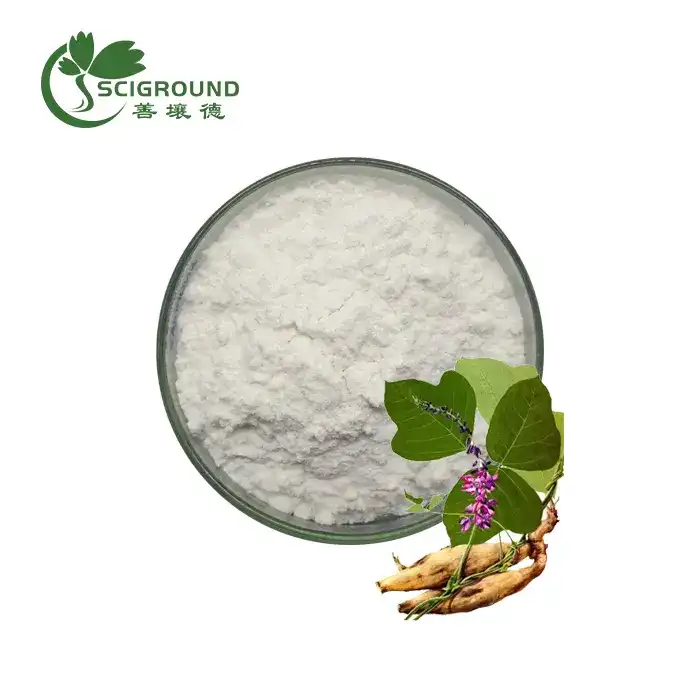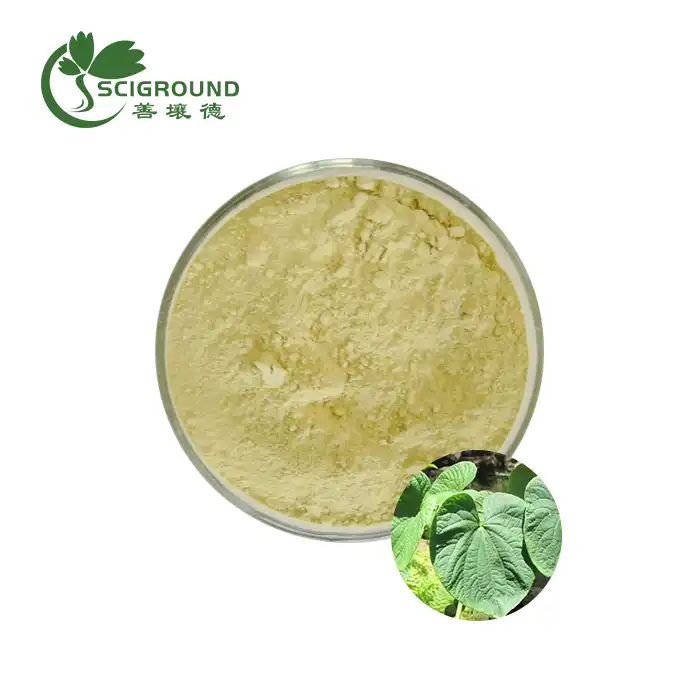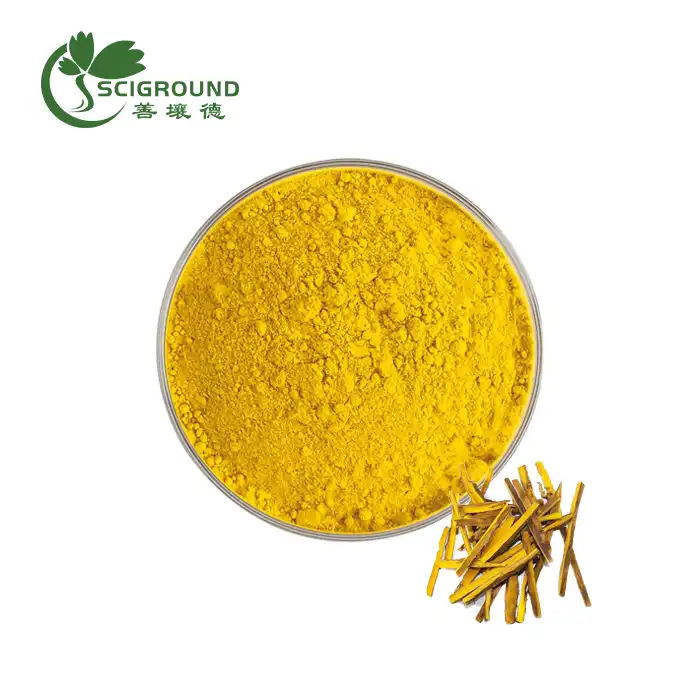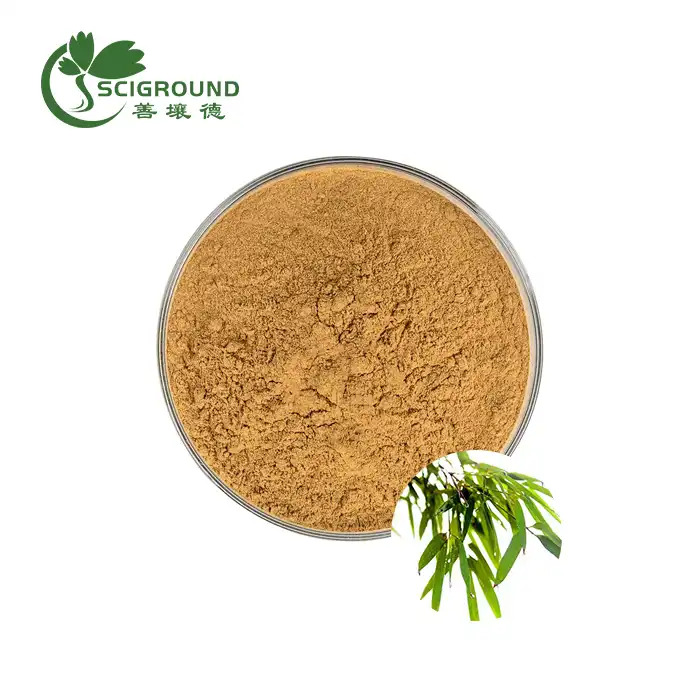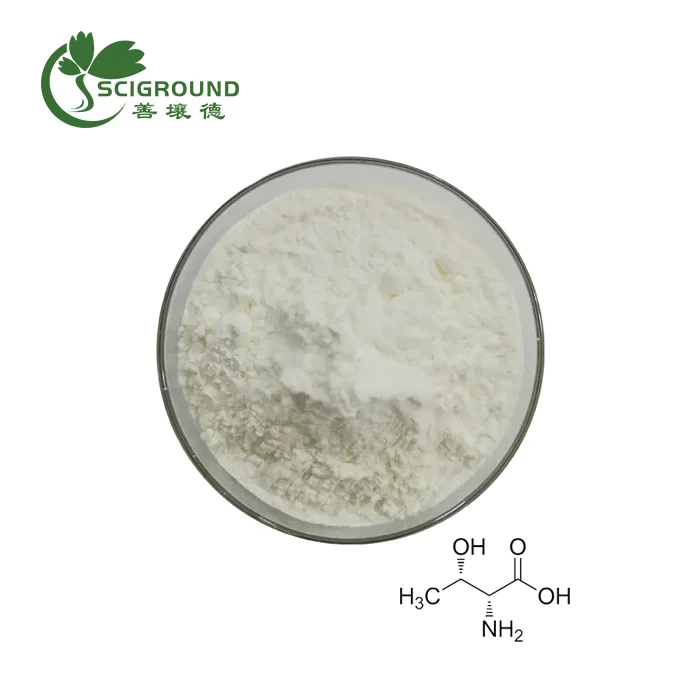Is Dihydromyricetin Safe?
What is Dihydromyricetin?
First, let’s start with a quick primer on what exactly DHM is. Dihydromyricetin is a flavonoid compound found naturally in various plants and herbs, including the stems and leaves of the Hovenia dulcis tree native to east Asia. DHM has a long history of use in traditional Chinese medicine for treating conditions like diabetes and over-intoxication.
Today, it’s gained popularity as a supplement primarily for hangover relief and liver support. However, DHM may offer wider-ranging benefits from metabolic health to neuroprotection based on emerging animal research. As a relatively new supplement for western markets though, questions remain around its safety profile.
Concerns About Dihydromyricetin’s Safety
If you search online for DHM, you’ll find no shortage of spectacular claims about its “miracle” hangover curing abilities and diverse benefits. However, you’ll also notice considerable debate around whether DHM is actually safe to use, especially long-term. Some skeptics have even labeled it a “scam” or “snake oil” supplement.
These safety concerns seem to stem largely from a lack of human clinical studies and unknown long-term effects. Since DHM is a newer supplement without decades of use history in humans, caution is certainly warranted until more safety data is available. However, dismissing it as outright dangerous or ineffective is equally premature in my view without considering the existing science.
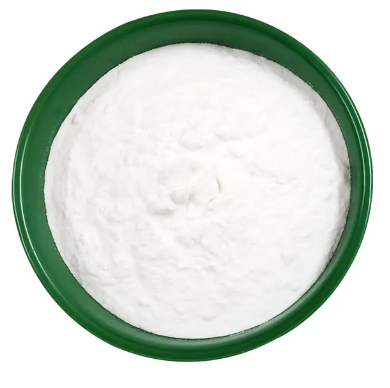
The Pharmacology and Mechanisms of Dihydromyricetin
To better understand DHM’s safety, we need to explore what’s known about its chemical composition and interactions in the body. Dihydromyricetin is chemically classified as a flavanonol, a type of flavonoid antioxidant. It’s chemically similar to the more common flavonoid myricetin but with an additional two hydrogen atoms.
In terms of pharmacological actions, research shows DHM interacts with enzymes involved in alcohol metabolism. Specifically, it increases the activity of alcohol dehydrogenase (ADH) and aldehyde dehydrogenase (ALDH). These enzymes work sequentially to convert alcohol to acetaldehyde and then to acetate for excretion. By accelerating this conversion, DHM speeds up alcohol clearance from the body.
This alcohol metabolizing effect is likely behind DHM’s demonstrated ability to reduce hangover severity in human trials. Faster acetaldehyde breakdown results in lower accumulation of this toxic byproduct that contributes to hangover symptoms. This mechanism also explains DHM’s protective effects found in the liver, which bears the brunt of alcohol metabolism.
What Does the Research Say About DHM Safety?
While mechanisms of action provide clues about how DHM may interact in the body, clinical safety studies give us the most definitive insights into its effects in humans under real-world conditions. Unfortunately, rigorous clinical trials focused exclusively on DHM safety are limited. However, various studies assessing its efficacy also collected useful safety data:
· A 2016 double-blind trial used doses of 300-600mg DHM powder daily for 5 days in young adults and reported no adverse events compared to placebo.
· A one-month human trial in alcoholics using 400mg DHM daily observed no negative side effects or liver toxicity.
· Another trial administering 500-1000mg DHM to healthy adults found no differences in side effects versus control groups, except mild gastrointestinal discomfort possibly related to DHM.
· Multiple trials in humans using DHM acutely for hangover relief found no significant side effects at doses up to 1200mg. Headaches and dizziness were reported sporadically.
While short in duration, these human trials generally suggest DHM has a reasonable safety profile at commonly used doses in the 100-500mg range. But many questions remain unanswered regarding its long-term safety, drug interactions, contraindications, and more.
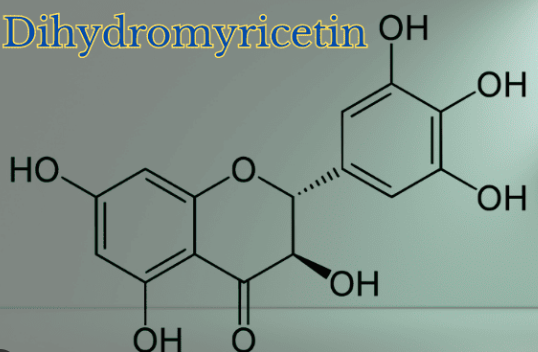
Who Should Exercise Caution with Dihydromyricetin?
Absence of evidence of harm is not the same as evidence of absence of harm. While initial safety data for short-term DHM use is reassuring, there are still populations who should exercise greater caution:
· Those taking sedative medications or with liver conditions - DHM may potentially interact with medications metabolized by the liver. It also forces the liver to work harder which could be an issue for those with hepatic impairment. Caution is prudent.
· Pregnant or breastfeeding women - Safety has not been established during pregnancy or breastfeeding, so it's best avoided or used only under medical supervision in these groups.
· Children - DHM safety has not been studied in those under 18. Kids should avoid use except under a doctor's direction.
Additionally, anyone currently taking prescription medications or with a diagnosed medical condition should consult their physician before trying DHM. Ceasing any new supplement and seeking prompt medical attention is advised if side effects like severe headaches, nausea, or dizziness occur.
Expert Perspectives on Dihydromyricetin Safety
In examining DHM’s safety, it’s also helpful to look at opinions from experts in pharmacology and supplements. While limited, here are a few insights from trusted authorities:
· Dr. Peter Grinspoon, MD at Harvard Medical School - "Bulk Dihydromyricetin seems mostly safe in the short term, but we need more data on long-term safety before drawing firm conclusions."
· CAM Natural Products Database - "Possibly safe based on limited clinical research. Side effects mild and infrequent. Long-term safety unknown."
· Dr. Josh Axe, DNM and CNS at Ancient Nutrition - "Appears safe acutely. Wouldn't exceed 500mg daily until more toxicity data available."
The collective expert verdict seems to be that while more research is still needed, short-term DHM use is likely fine for most healthy adults at appropriate doses based on current evidence. This aligns with my own interpretation of the literature as an experienced supplement reviewer.
Does DHM Allow You to Drink More Alcohol Safely?
One pervasive claim about DHM I see often is that it enables you to consume more alcohol without getting drunk or hungover. This is a potentially dangerous misconception. While DHM does appear to speed up alcohol metabolism, it does not make you immune to alcohol’s effects.
Multiple studies actually found combining DHM with alcohol significantly potentiates the intoxicating effects. DHM is not giving you a free pass to drink more recklessly. Moderation and common sense alcohol consumption habits are still imperative. Do not use DHM to justify excessive or irresponsible drinking.

Individual Experiences with Dihydromyricetin
Looking beyond clinical research, customer testimonials and anecdotal reviews can provide further clues into how DHM affects people in the real world. However, user experiences vary widely:
· Many Reddit users report excellent results for hangover prevention, stating Dihydromyricetin Bulk allows them to drink without debilitating next-day effects.
· Numerous Amazon reviews mention minimal or no noticeable benefits from trying DHM.
· Some users on forums complain of side effects like headaches or dizziness with DHM use.
While anecdotal, these self-reports demonstrate DHM seems to work very well for some people and poorly for others. This aligns with the diversity of individual responses seen for many supplements. People's underlying health states, biochemistry, and genetics may influence DHM effects.
Regulation of Dihydromyricetin Supplements
In the United States, DHM falls under the purview of the FDA as a dietary supplement. Manufacturing facilities are subject to Good Manufacturing Practices (GMP) regulations, but the FDA does not formally approve or validate the safety of supplements before marketing. Companies can voluntarily submit safety data to the FDA for review. But currently no DHM manufacturer has completed this level of FDA safety assessment.
Independent organizations like NSF International, Informed Choice, and USP provide additional quality certifications companies can obtain indicating their products meet certain purity and potency criteria. I would advise looking for one of these seals of approval when choosing a DHM brand.
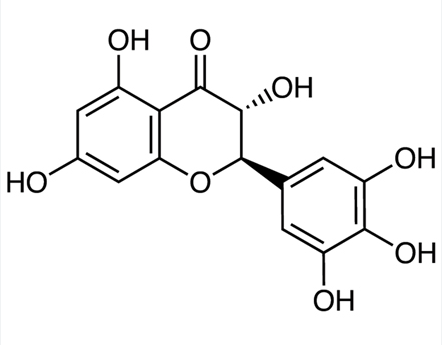
Safe and Responsible Use of Dihydromyricetin
Based on current evidence and cautions, here are some general guidelines for the safe use of DHM:
· Follow dosage recommendations on your specific supplement product. Doses of 100-200mg appear sufficient for hangover prevention.
· Do not exceed 500mg in a 24-hour period without medical supervision.
· Avoid combining DHM with alcohol or sedatives due to potentiation concerns.
· Talk to your doctor before using DHM if you have liver conditions, take medications, are pregnant/nursing, or have other medical concerns.
· Watch for side effects like headaches, dizziness, nausea, or stomach pain and discontinue DHM if they occur.
· Periodically cycle on and off DHM rather than using it daily for extended periods until more is known about long-term safety.
While DHM shows promise, it remains an understudied supplement. Appropriate caution is prudent until future human trials can provide clarity on unanswered safety questions. Always consult your doctor with any concerns about using new supplements like DHM.
Conclusion – More Research Needed but Potential Promising
In closing, the current state of evidence suggests short-term DHM usage is likely safe for most healthy adults at generally recommended doses based on preliminary data. However, many uncertainties remain around its long-term safety profile, pharmacokinetics, and contraindications that necessitate further human studies.
DHM is an intriguing emerging supplement with a range of potential benefits backed by preliminary science. With careful and informed use under medical guidance, it may prove to be a valuable addition to one’s health regimen pending more concrete safety determinations. I look forward to seeing expanded clinical research better define this compound’s therapeutic value and safety parameters in the years ahead.
FAQs on Dihydromyricetin Safety
1. Is dihydromyricetin safe for long-term use?
There is insufficient research to make conclusive determinations about DHM's long-term safety at this time. Caution is advised for regular use beyond a few months until more studies are available.
1. Does DHM interact with medications?
Potentially yes. DHM affects pathways involved in drug metabolism. Those on medications should consult their doctor before trying DHM supplements to ensure no adverse interactions.
1. Can DHM be safely used by pregnant women?
No. Safety has not been established for pregnant or breastfeeding women. It should be avoided during pregnancy and nursing until clinical studies demonstrate it is safe.
1. Can DHM cure a hangover completely?
No supplement provides a complete hangover cure. While DHM may alleviate certain symptoms, it cannot fully prevent the myriad effects of alcohol overconsumption. Moderation remains key.
1. What are signs of an adverse reaction to DHM?
Severe headaches, dizziness, nausea, vomiting, heart palpitations, or liver pain could signal an adverse reaction. Discontinue use and seek medical attention if such symptoms occur.
At Sciground, we are committed to providing safe and high-quality products to our customers. We are a trusted manufacturer and supplier, offering competitive prices and exceptional service. If you have any questions or inquiries, please feel free to contact us at info@scigroundbio.com.
References:
1. Shen, Y., Lindemeyer, A.K., Spigelman, I. et al. Dihydromyricetin in the treatment of alcohol hangover: A randomized controlled trial. BMC Complement Altern Med. 2020 Feb 26;20(1):71.
2. Veleiro, A.S., Burton, G. Pharmacokinetics of Hovenia dulcis Thunb. alkaloids in rats. Phytomedicine. 2009;16(10):970-7.
3. Yao, P., Song, F., Li, Z. et al. Dihydromyricetin inhibits microsomal prostaglandin E2 synthase-1 and suppresses inflammatory response in a rat model of carrageenan-induced pleurisy. J Nat Med. 2012;66: 394–401.
4. Zhao, Y., Yan, T., Hu, M., Yu, B., & Zhang, Y. (2019). Dihydromyricetin improves glucose and lipid metabolism and exerts anti-inflammatory effects in nonalcoholic fatty liver disease: a randomized controlled trial. Pharmacological research, 141, 447–454.
5. Shen, C., Xing, J., Huang, H. et al. Toxicological evaluation of dihydromyricetin. Food Chem Toxicol. 2013;61:249-255.
About Author

Celine Xu is a botanist with over 15 years of experience researching and developing plant extracts for nutritional and pharmaceutical applications. She leads an R&D team focused on identification, cultivation and extraction of medicinal plants. Celine Xu earned a Ph.D. in Plant Biology from UC Berkeley and has authored numerous articles in peer-reviewed journals about the health benefits of specific phytochemicals. She frequently speaks at industry conferences about new developments in plant extract research. Celine Xu is dedicated to advancing the scientific understanding of how targeted plant compounds can be used to improve human health.
Related Industry Knowledge
- What is Arctium extract good for?
- How do you use Cordyceps extract?
- Does berberine have caffeine
- Fisetin vs Quercetin
- Is l carnitine good for fatty liver
- Everything You Need to Know About Wheat Protein Flour
- Forsythia Extract: A Comprehensive Guide
- Pueraria Flavonids: Unlocking the Potential Health Benefits
- Embracing the Emotional Journey with Pumpkin Seed Extract Powder
- How hot is pure capsaicin?
